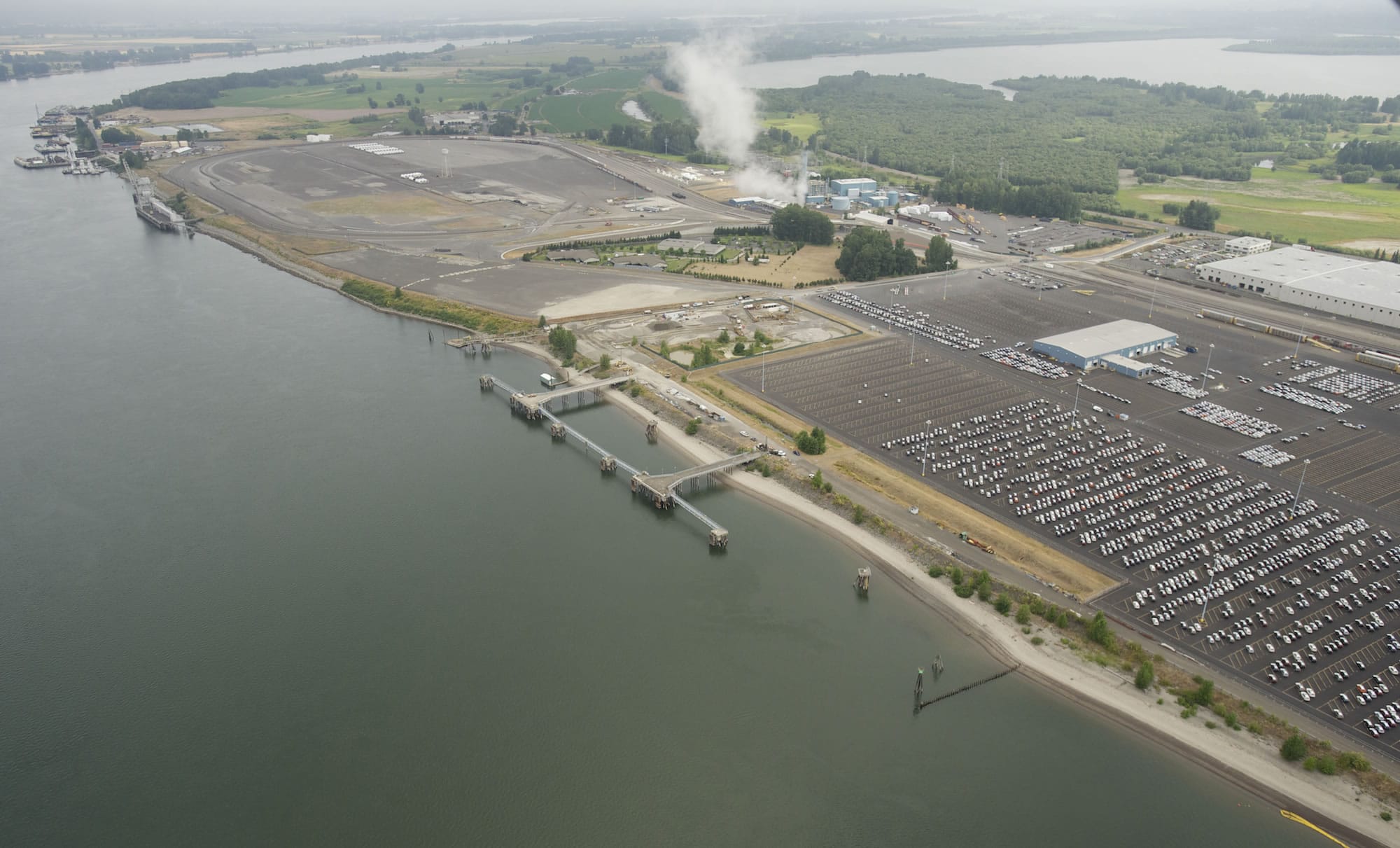In seeking a permit to build an oil terminal at the Port of Vancouver, Tesoro Corp. and Savage Companies want to haul oil by train from the Bakken site in North Dakota to Vancouver.
But the nature of the oil coming out of the Bakken is under examination, in light of the fiery wreck in Lac-Megantic, Quebec, involving a train carrying Bakken crude.
Canadian investigators have determined that the oil hauled on tank cars that exploded in Quebec was a more flammable liquid than its shippers indicated, according to a Thursday report in The Wall Street Journal. It’s a development that “heralds a further tightening of oversight of the booming trade in shipping oil by rail.”
When asked about Bakken oil volatility Thursday, Theresa Wagner, communications manager for the port, said safety remains the highest priority and that port, BNSF Railway and company officials are working together to address it.




